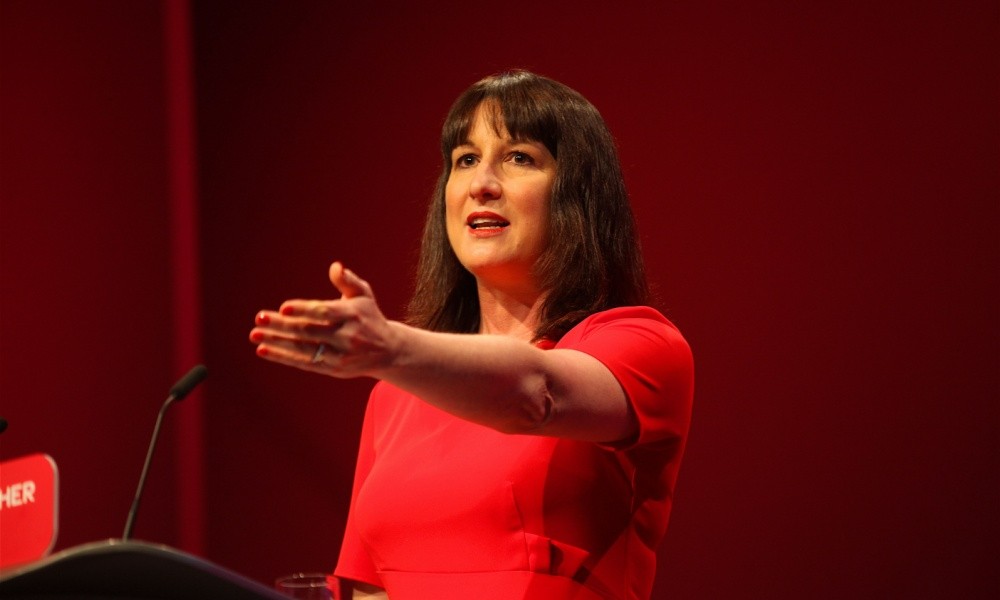Following the UK general election on 4th July 2024, the Labour Party returned to power after 14 years of Conservative governance, led by the new Prime Minister, Sir Keir Starmer.
After quickly assembling his Cabinet, there is a heavy weight of expectation on Starmer’s Labour government – but what can we expect to happen within its first 100 days?
Here’s what we know so far about the Labour government’s plans for the next few months.
The King’s Speech
The King’s Speech marks the State Opening of Parliament, or the formal beginning of Parliament’s calendar, and took place on 17th July. Though delivered by King Charles, the speech is written by the government, and sets out Labour’s plans or ‘missions’.
These include multiple bills focusing on economic stability and growth, British energy and clean energy, secure borders and safe streets, health, and breaking down social, financial, and regulatory barriers to give children, workers, and renters better opportunities.
As bills introduced under the previous government are not carried over, the Labour Party has the flexibility to start over and make changes before submitting them again.
Summer Recess
During the summer recess, which typically takes place from late July to early September, the House of Commons and House of Lords take a break and MPs do not meet for business.
This recess was due to start on 23rd July before former Prime Minister Rishi Sunak announced the general election, but this is only 6 days after the King’s Speech, which won’t be enough time for the House of Commons to debate the Speech and approve an agenda.
The start of summer recess has therefore been pushed back to 30th July, ending on 2nd September.
Party Conference
As usual, party conferences will commence in September, where the main political parties host events to set out their strategies and engage with party members, politicians, journalists, and representatives from various organisations, unions, and think tanks.
The Labour conference will take place from 22nd to 25th September in Liverpool, where the party is likely to emphasise what they have achieved before the end of their first 100 days in government (12th October), and announce more details on their plans for ‘rebuilding Britain’.
Autumn Budget
While Labour already published its manifesto pledges, after the party’s election victory, people will be keen to understand how the new government’s plans will affect their finances. Unfortunately, we won’t know more until the Labour government delivers its first Budget, due in autumn.
If the Office for Budget Responsibility (OBR) was advised to begin preparing its Economic and Fiscal Outlook on 5th July, this will take 10 weeks to prepare – meaning the Chancellor of the Exchequer, Rachel Reeves, can’t deliver the Autumn Budget any sooner than 13th September.
However, it seems likely that the Chancellor may wait until after the party conference season ends to deliver Labour’s first Budget in late October or early November.
The Chancellor is expected to announce the Budget date before the start of the summer recess.
What might Labour’s first Budget include?
The Autumn Budget 2024 should contain more information about the party’s manifesto pledges, which include the following:
- Adding VAT to private school fees (removal of VAT exemption)
- Cracking down on tax avoidance (abolishing non-dom status)
- Tightening energy market regulations (expanding windfall tax)
- Reducing the Stamp Duty exemption threshold for first-time buyers
- Reviewing pensions (maintaining the State Pension Triple Lock)
Labour also has not ruled out potential changes to Inheritance Tax (IHT) or Capital Gains Tax (CGT), though the party has stated that they won’t be increasing taxes for working people – likely maintaining most frozen tax thresholds until 2028.
This reinforces the importance of keeping up with tax announcements from the new Labour government over the next several months and getting your finances in order now to prepare.
If you need help with auditing or managing your accounts and tax planning, our accountants in Barnsley can help – give the gbac team a call on 01226 298 298 or email info@gbac.co.uk to find out more about our extensive financial services.
